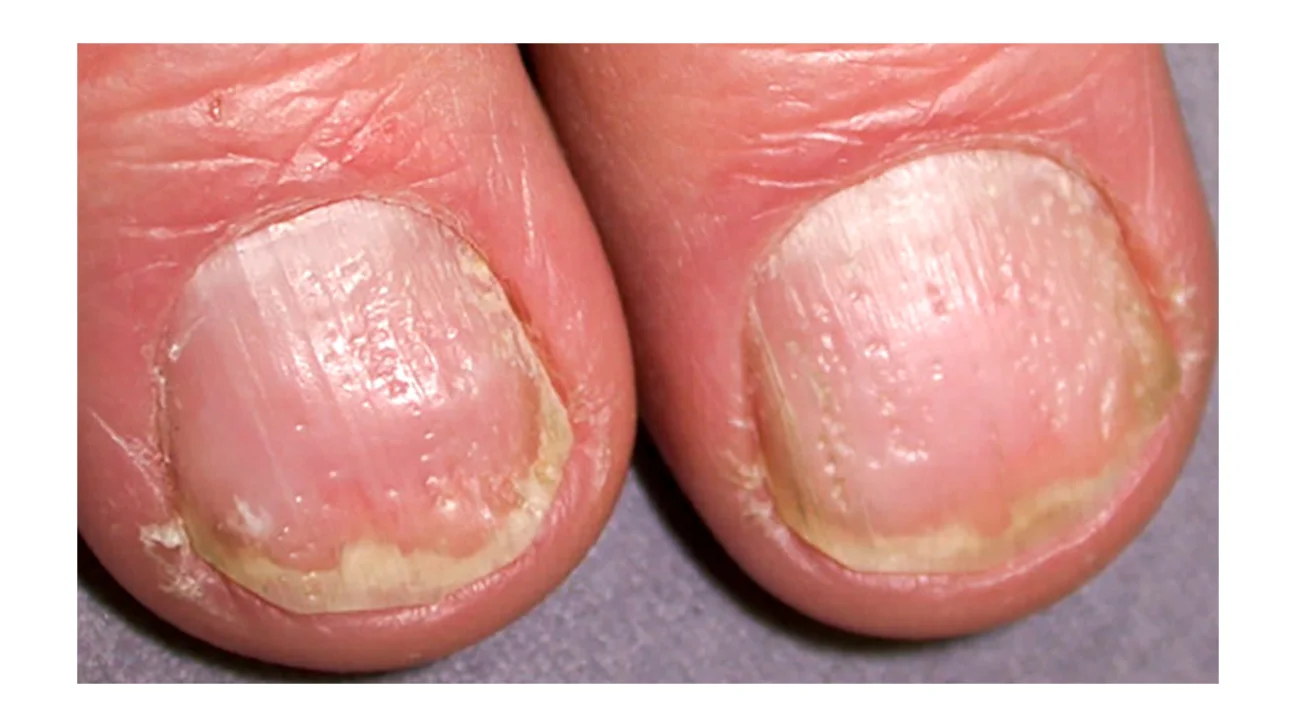Psoriatic Arthritis (PsA) at Rheumatology Clinic DRHC Dubai
Causes of Psoriatic Arthritis:
Psoriatic Arthritis (PsA) is a chronic inflammatory condition that affects the joints and skin. It is a type of autoimmune arthritis that occurs in some people with psoriasis, a skin condition characterized by red, scaly patches. The exact cause of PsA is not known, but it is believed to be a combination of genetic, environmental, and immune system factors.
-
Genetic Factors:
- Family History: PsA tends to run in families, suggesting a genetic component to the condition. Having a family member with PsA or psoriasis increases the risk of developing the condition.
- HLA-B27 Gene: The presence of the HLA-B27 gene has been associated with an increased risk of developing PsA, although not everyone with the gene will develop the condition.
-
Environmental Factors:
- Certain infections may trigger an abnormal immune response in individuals genetically predisposed to PsA, although no specific infectious agent has been consistently linked to its development.
- Smoking: Smoking has been identified as a risk factor for developing PsA. It is believed that smoking may contribute to the progression of the disease by increasing inflammation and damaging the joints.
-
Immune System Factors:
- Autoimmunity: PsA is considered an autoimmune disease, which means that the immune system mistakenly attacks the body's tissues. In PsA, the immune system targets the joints and skin, causing inflammation and pain.
- Inflammatory Response: Inflammation is a key feature of PsA, and the immune system plays a central role in driving this inflammatory response. The exact mechanisms by which the immune system becomes dysregulated in PsA are still being studied.
Symptoms of Psoriatic Arthritis:
The symptoms of Psoriatic Arthritis (PsA) can vary from person to person and may develop gradually over time. Common symptoms include:
- Joint pain, swelling, and stiffness, especially in the fingers, toes, and lower back.
- Red, scaly patches on the skin, often on the elbows, knees, scalp, or lower back.
- Nail changes, such as pitting, ridges, or discoloration.
- Fatigue and general feelings of malaise.
- Reduced flexibility and range of motion in the affected joints.
- Pain and swelling in the eyes (uveitis).
It is important to note that not everyone with PsA will experience all of these symptoms, and the severity of symptoms can vary from person to person. If you are experiencing any of these symptoms, it is important to see a doctor for a proper diagnosis and treatment.
Diagnosis of Psoriatic Arthritis
Diagnosing Psoriatic Arthritis (PsA) can be challenging, as the symptoms can be similar to those of other conditions. However, several tests and procedures can help confirm a diagnosis of PsA:
- Medical history: Our Rheumatologist will ask about your symptoms, medical history, and family history of PsA or psoriasis.
- Physical examination: Perform a physical examination to check for signs of inflammation and stiffness in your joints and skin.
- Blood tests: Blood tests can help detect inflammation and check for the presence of the HLA-B27 gene, which is associated with an increased risk of PsA.
- Imaging tests: X-rays, MRI scans, and CT scans can help your doctor visualize the extent of inflammation and damage in your joints and skin.
When to seek medical advice
If you are experiencing symptoms of Psoriatic Arthritis (PsA), it is important to see a doctor for a proper diagnosis and treatment. Early diagnosis and treatment can help slow the progression of the disease and improve your quality of life. Contact us today to schedule an appointment and take the first step towards better health and wellness.

Complications of Psoriatic Arthritis
Psoriatic Arthritis (PsA) can lead to several complications, especially if left untreated. Common complications include:
It is important to note that not everyone with PsA will develop these complications, and the severity of complications can vary from person to person. However, it is important to see a doctor for a proper diagnosis and treatment to help prevent or manage these complications.









